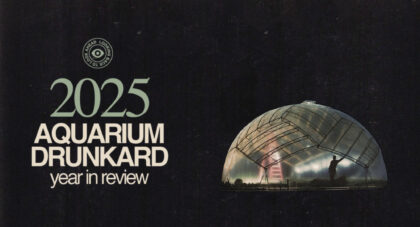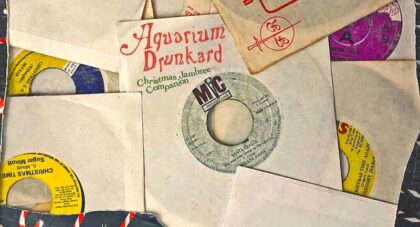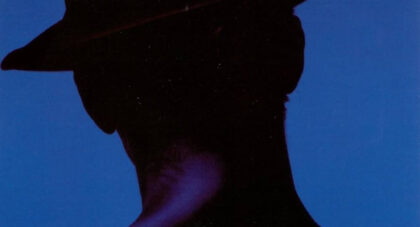On the eve of the new 4-LP Devo retrospective, Mothersbaugh caught up with us from his Los Angeles studio. We discuss the experimental beginnings and future of Devo, the group working with Brian Eno and David Bowie, his fascination with early animation soundtracks, auditioning for Mick Jagger, the NYC scene that brought the band’s breakthrough, the death of the album format and much more . . .
Only the good shit. Aquarium Drunkard is powered by its patrons. Keep the servers humming and help us continue doing it by pledging your support.
To continue reading, become a member or log in.


